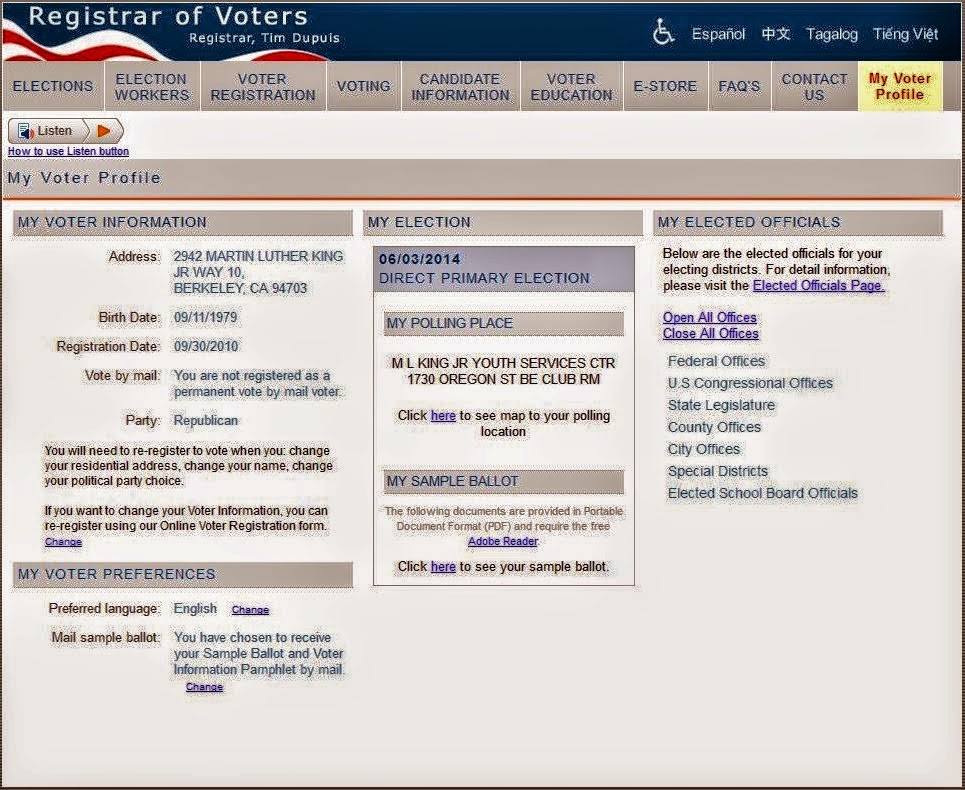Main article: Titles of Nobility Amendment
In 1810, Democratic–Republican Senator Philip Reed of Maryland, introduced a Constitutional amendment modifying the Title of Nobility Clause. Under the terms of this amendment any United States citizen who accepted, claimed, received or retained any title of nobility from a foreign government would be stripped of their U. S. citizenship. After being approved by the Senate on April 27, 1810, by a vote of 19–5 and the House of Representatives on May 1, 1810, by a vote of 87–3, the amendment, titled "Article Thirteen", was sent to the state legislatures for ratification. On two occasions between 1812 and 1816 it was within two states of the number needed to become a valid part of the Constitution. As Congress did not set a time limit for its ratification, the amendment is still technically pending before the states. Currently, ratification by an additional 26 states would be necessary for this amendment to be adopted.






























Hypoglycemia has rarely been described as a clinical sign of severe bacterial sepsis. We recently encountered nine patients in whom hypoglycemia (mean serum glucose of 22 mg/dl) was associated with overwhelming sepsis. Clinical disease in these patients included pneumonia and cellulitis; in three patients, no focus of infection was apparent. Altered mental status, metabolic acidosis, leukopenia, abnormal clotting studies and bacteremia were common features in these cases. In four patients, no cause for hypoglycemia other than sepsis was present. In five patients, another possible metabolic cause for hypoglycemia was present (alcoholism in four and chronic renal insufficiency in one) although none had been observed to be hypoglycemic on previous hospitalizations. Streptococcus pneumoniae (three cases) and Hemophilus influenzae, type b, (two cases) were the most common pathogens, and the over-all mortality was 67 per cent. The mechanism(s) for hypoglycemia with sepsis is not well defined. Depleted glycogen stores, impaired gluconeogenesis and increased peripheral glucose utilization may all be contributing factors. Incubation of bacteria in fresh blood at room temperature does not increase the normal rate of breakdown of glucose suggesting that the hypoglycemia occurs in vivo. Hypoglycemia is an important sign of overwhelming sepsis that may be more common than has previously been recognized.































































No comments:
Post a Comment